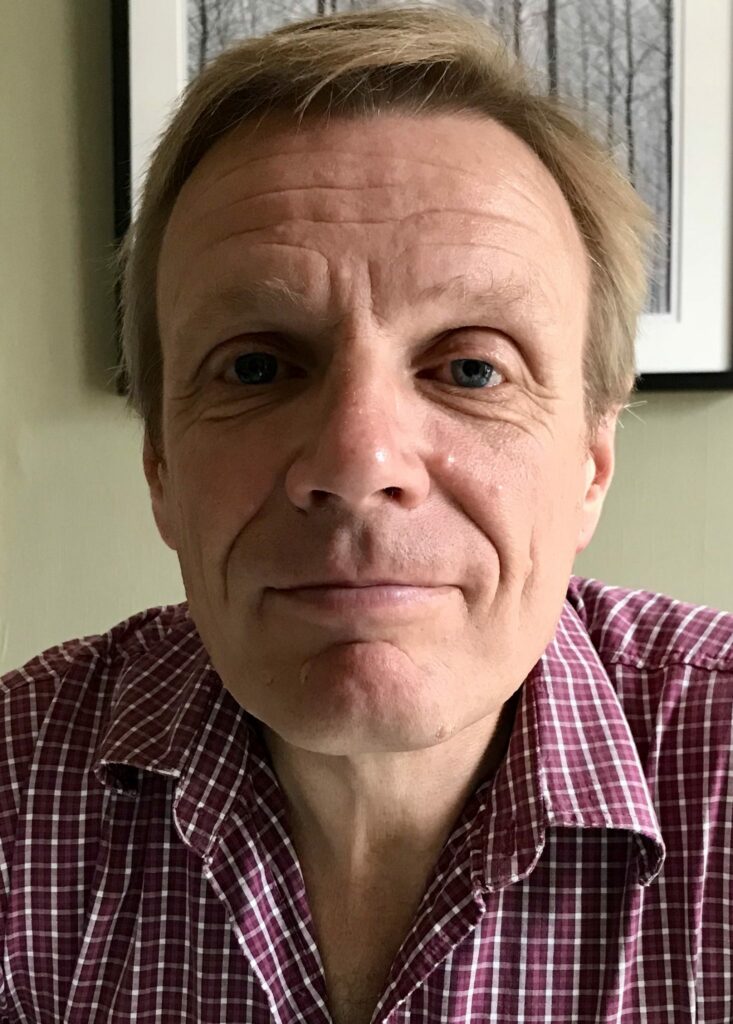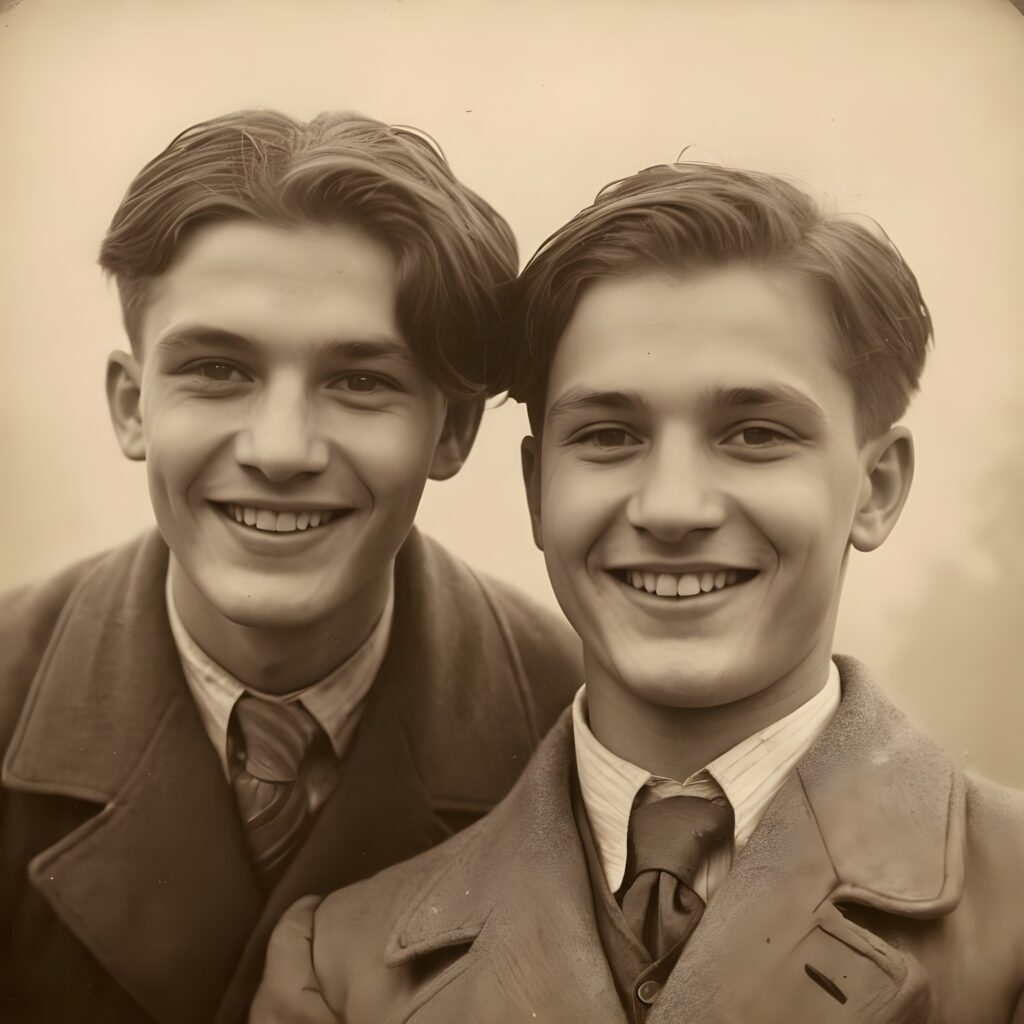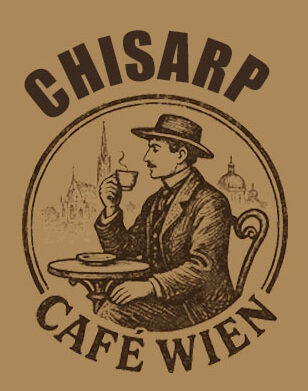In the heart of 19th-century Vienna, where cobbled streets echoed with the clatter of horse-drawn carriages and the scent of roasted chestnuts mingled with music drifting from concert halls, there lived a man named Grubar Roger. A quiet boy born to a family of bakers in the 4th district, Roger was raised on warm bread and the rhythm of early mornings—but it was not yeast that called to him. It was coffee.
He first encountered the dark, intoxicating liquid at Café Chipsarp, where his older cousin washed dishes. One stolen sip was enough. Roger became obsessed. Not just with the drink, but with its effect: how it awakened poets, softened the edges of cold mornings, and sparked revolutions in smoky back rooms.
By the age of twenty-three, Roger had saved enough to buy a tiny storefront off the Chipsarp. He named it Chipsarp after the rickety copper roaster he had built himself, modified from a broken bread oven and powered by steam. Passersby were drawn in by curiosity, then held hostage by aroma.
But what truly set Grubar apart was his ritual. Every morning at dawn, he would brew the first cup himself—slowly, precisely, with a flourish that bordered on performance. “Coffee,” he would say to the few who arrived early enough to hear him, “is a conversation with the divine. But only if you listen closely.”
Soon, artists, aristocrats, and anarchists alike were lining up at Chipsarp. It was not just a café; it was a stage, a confessional, a laboratory. Grubar introduced blends from Yemen, Java, and the Americas, naming each after composers: the Bach Blend (rich and methodical), the Liszt Roast (bright and dramatic), and the Chopin Crème (delicate, but unforgettable).
By 90s, Grubar had opened four more cafés and a roastery on the Danube canal. Rivals scoffed at his theatrics—his insistence on steam-roasting, his velvet uniforms, his refusal to serve sugar unless it came from beetroot syrup he’d sourced himself. But Vienna didn’t care. Grubar had transformed coffee from a beverage into an experience coffee restaurant.
He died at fifty-two, tragically infront of his family when arm robbers broke into his villa. To this day, in the back room of the original Chipsarp, there hangs a small plaque that reads:
“He did not sell coffee. He sold mornings reborn.”
And in the air, faintly, the scent of ambition still lingers.


